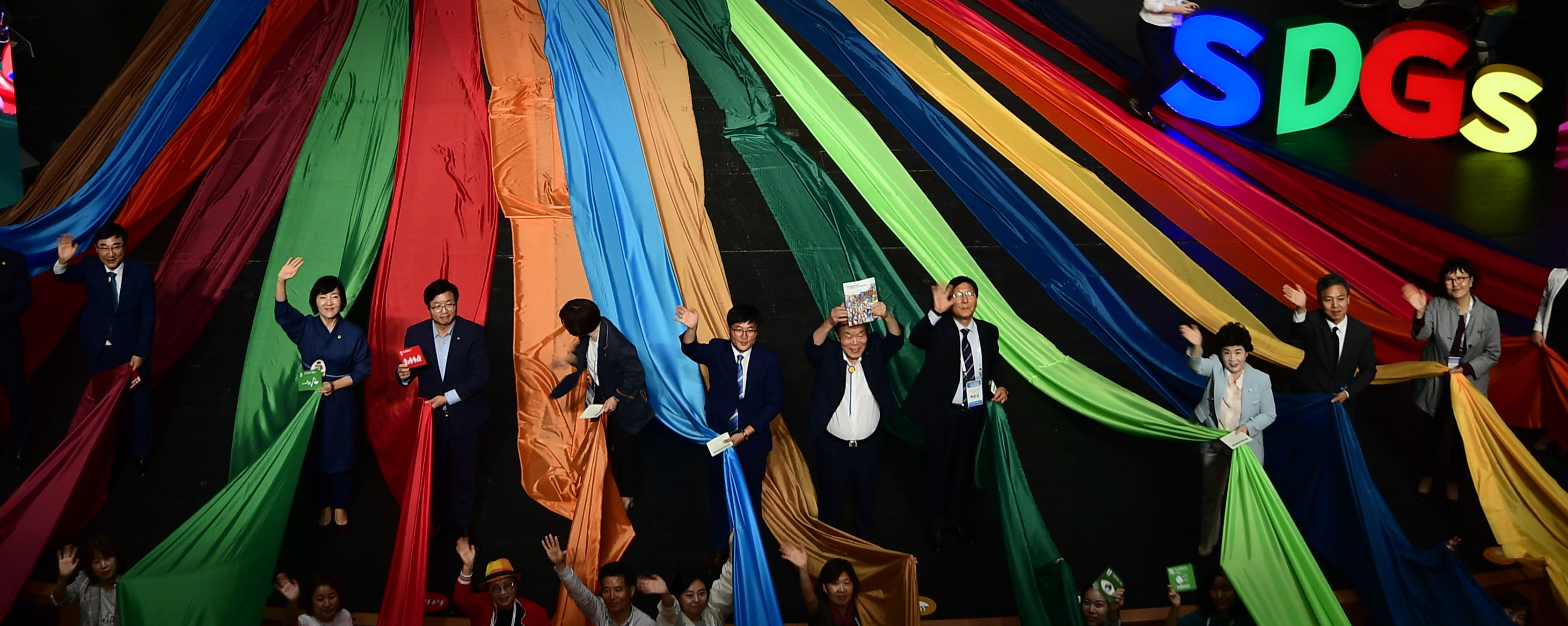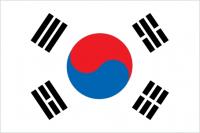Local Governments Actions for SDGs in the Republic of Korea
Description
ICLEI Korea Office proposes the issuance of shadow report on SDG 11 of each city. And the ambitious city organizes a consultation committee consisting of at least four parties (City government, Research Institutes, Public-citizen governance body, and ICLEI Korea Office). Once the draft of the shadow report comes out by the local research institute, the papers on each 7 target would be combined and circulated to rest of three parties for the review on whether the report is properly delivering the balanced messages and nothing is ignored. After the review process, the paper will be published in Korean and English in order to effectively share with peers in Korea and the globe. So far, Suwon Research Institute is working on the shadow report aiming to make an update to this platform in June 2018, before 2018 HLPF. In the meantime, ICLEI Korea Office has disseminated the proposal for issuing LGÃ shadow report on SDG 11 and having positive feedbacks from ambitious local government in S.Korea which are willing to examine the current status of the city in regards to SDG11 and its targets with the interpretation of the global goal and target in its own local context. After the first phase of the initiative by 2020, ICLEI Korea Office will be encouraging the voluntary regular update of the shadow reports while recruiting new cities to join the initiative and participate in this virtuous race of competition.
The report will be shared through the various channel so that the cases encourage and stimulate more and more local governments to review their policies for SDG 11 and find better and more effective ways. The shadow report itself would be a great model for those local governments that are already implementing various innovative policies but have no idea how to spread their experience and take leverage from it. The Report will be the answers to three simple questions on each target of SDG 11: 1. What do the targets and indicators mean to their city in its own context? 2. What is the current state of your city in regards to the target indicated? 3. Review and Suggestion. This simple structure would be lowering the psychological burden that Korean local government normally have when it comes to reporting and sharing something with global society in English. And ICLEI Korea Office will be providing the technical support on language and access to SDGs Knowledge Platform.
ICLEI - Local Government for Sustainability, the largest global network of local governments in the field of sustainability, has gathered ambitious cities which are brave enough to diagnose the status of cities in regards to 7 targets of SDG 11 and find the way towards effectively achieving them in a local level. The initiative is governed in close partnership with ICLEI Korea Office and multiple local governments and their research institutes. ICLEI Korea Office proposes the issuance of shadow report on SDG 11 of each city. And the ambitious city organizes a consultation committee consisting of Four parties (City government, Research Institutes, Public-citizen governance body, and ICLEI Korea Office). Once the draft of the shadow report comes out by the research institute, the paper would be circulated to rest of three parties for the review on whether the report is properly delivering the balanced messages or something is ignored.

Feedback

Timeline
Entity
SDGs
Geographical coverage
More information
Countries

Contact Information
Yuhui Jeong, Program Officer
